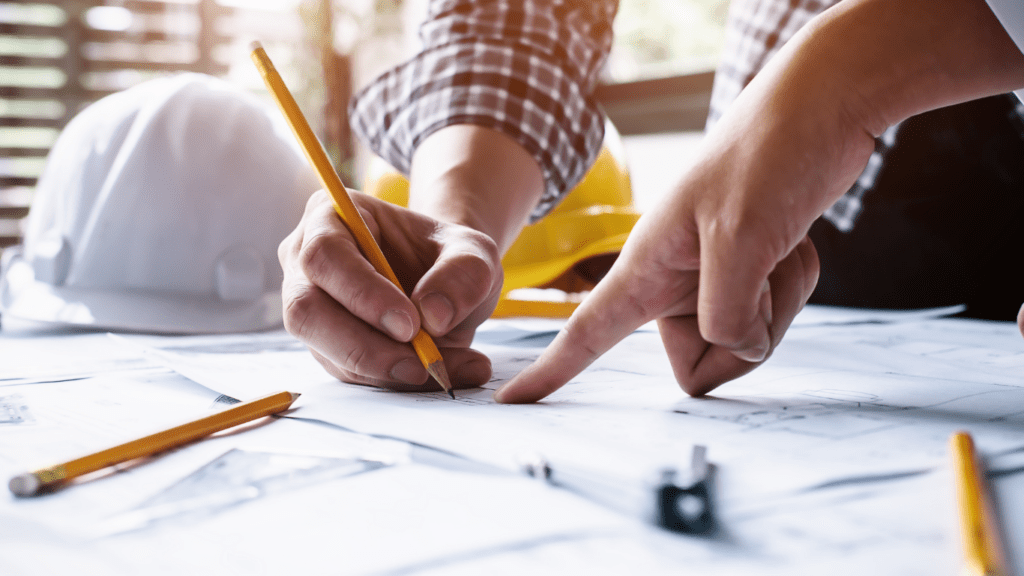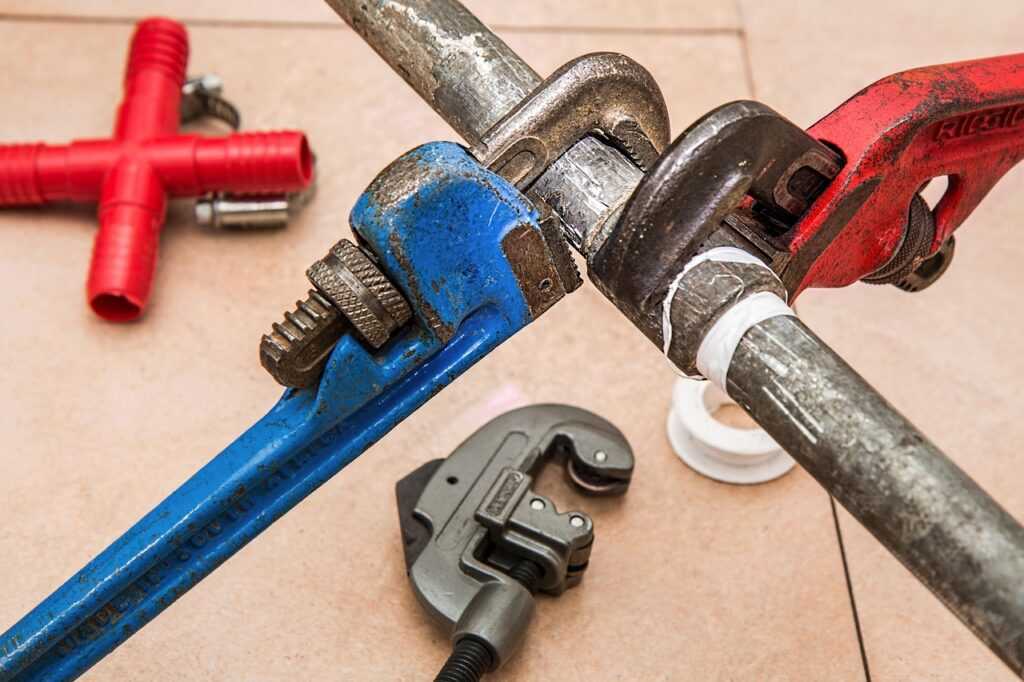Embarking on a home renovation project is an exciting yet daunting task. Finding the right contractor can make all the difference in ensuring a successful and stress-free experience. As someone who has navigated the challenges of hiring contractors for various projects, I understand the importance of making the right choice.
In this article, I’ll share valuable insights on how to hire the perfect contractor for your home renovation project. From conducting thorough research to asking the right questions during the selection process, I’ll provide you with practical tips to help you make an informed decision.
With my expertise in the field, I’ll guide you through the essential steps to ensure that your renovation project is in good hands.
Understanding Your Renovation Needs
During the initial stages of planning a home renovation project, I find it essential to have a clear understanding of what specific renovations are needed. It’s crucial to assess the areas of your home that require attention and make a detailed list of the changes you wish to implement.
By outlining your renovation needs from the outset, you’ll have a comprehensive overview of the project scope. Identifying the key areas that necessitate renovation is fundamental. For instance, if the kitchen requires a complete overhaul, noting down specifics such as installing new cabinets, countertops, and appliances can help streamline the decision-making process. Similarly, for a bathroom renovation, listing tasks like retiling, replacing fixtures, and improving ventilation ensures nothing is overlooked.
My approach to understanding renovation needs involves prioritizing tasks based on urgency and importance. By categorizing renovations into must-haves and nice-to-haves, I can allocate resources efficiently and stay within budget constraints.
This structured approach enables me to focus on essential upgrades while keeping the overall project objectives in mind. Moreover, considering future needs and lifestyle changes is vital when defining renovation requirements. Anticipating how your family’s needs may evolve over time allows you to plan for long-term functionality and comfort.
Whether it’s creating more space for a growing family or incorporating accessibility features for aging relatives, aligning your renovation needs with future considerations is key to a well-rounded project.
Researching Potential Contractors
When researching potential contractors for a home renovation project, a crucial step is checking their credentials and references. By verifying licenses, insurance coverage, certifications, and past work, I ensure the contractor meets the necessary standards for the job.
Checking Credentials and References
I always make it a priority to verify the credentials and references of potential contractors before making any decisions. By checking their licenses, I confirm that they are legally authorized to work in my area.
It’s also essential to ensure they have the appropriate insurance coverage, including liability and workers’ compensation, to protect both parties in case of accidents or damages during the project. Moreover, I ask for certifications or memberships in professional associations related to the construction industry.
These credentials can indicate a contractor’s commitment to high standards and ongoing education in their field. Additionally, reviewing their past work through references or online reviews gives me insights into their craftsmanship, reliability, and customer satisfaction.
By conducting thorough research into a contractor’s credentials and references, I can make an informed decision and hire the right professional for my home renovation project.
Setting a Realistic Budget
As I progress through a home renovation project, setting a realistic budget is a critical step in ensuring the financial success of the endeavor. By establishing a clear budget from the outset, I can manage costs efficiently and avoid any unexpected financial burdens.
To determine a realistic budget, I start by evaluating my renovation needs and goals, considering the scope of work required and the desired outcomes. I assess the areas of my home that need attention and create a prioritized list of changes based on urgency and importance.
This allows me to allocate my financial resources effectively, focusing on essential renovations while keeping costs within a reasonable range. Furthermore, I take into account any future needs or lifestyle changes that may impact the renovation project.
By planning for the long term, I ensure that the changes made to my home will meet my evolving requirements and provide lasting functionality and comfort. This proactive approach helps me avoid costly revisions or additions in the future, contributing to the overall financial sustainability of the renovation.
In setting a realistic budget, I also factor in potential contingencies and unexpected expenses that may arise during the renovation process. By including a buffer for unforeseen costs, I can better handle any deviations from the initial budget without jeopardizing the quality or completion of the project.
This prudent financial planning allows me to navigate challenges confidently and maintain control over the renovation’s financial aspects. By focusing on establishing a practical and well-defined budget for my home renovation project, I lay a solid foundation for a successful and financially sustainable endeavor.
Adhering to this budget throughout the renovation process ensures that I can achieve the desired outcomes within a reasonable and manageable financial framework.
Conducting Interviews with Contractors
Exploring this essential phase of contractor selection involves scheduling face-to-face meetings with potential candidates. Meeting in person allows for a direct assessment of the contractor’s professionalism, communication skills, and overall compatibility with your project needs.
During these interviews, I recommend posing targeted questions to gain insights into the contractor’s experience, work processes, and project approach. It’s crucial to inquire about their previous projects similar to yours, the timeline they anticipate for completion, and the subcontractors they work with.
Furthermore, discussing details such as payment schedules, permits handling, and potential challenges they foresee demonstrates the contractor’s readiness and competence. Evaluating their problem-solving abilities and how they communicate solutions is vital for ensuring a smooth renovation journey.
Engage in open dialogue about your expectations, preferences, and any specific requirements you have for the project. Assess how well the contractor listens and comprehends your vision, as clear communication is paramount for a successful partnership.
Concluding each interview with a review of the contractor’s provided estimate and proposed contract terms allows you to compare and contrast different offers effectively. It’s essential to analyze these details meticulously to choose a contractor who aligns best with your renovation goals and budget constraints.
Signing a Detailed Contract
When it comes to hiring a contractor for your home renovation project, signing a detailed contract is a non-negotiable step in ensuring a smooth and successful experience. A comprehensive contract is your legal protection and a roadmap for the project.
It’s crucial to have all the details in writing to avoid misunderstandings and protect both parties involved. In the contract, I outline the scope of work, including specific tasks to be completed, materials to be used, and a timeline for the project.
This clarity helps prevent any confusion about what’s expected from both me and the contractor. I make sure to include a clear payment schedule tied to project milestones to keep everything transparent and on track.
Additionally, the contract should address important aspects such as permits, insurance coverage, and warranties on workmanship and materials. I ensure that any changes or additions to the original plan are documented through a formal approval process to avoid disputes later on.
By having a detailed contract in place, I set the foundation for a successful renovation project with clear expectations and responsibilities for all parties involved.
Monitoring the Progress of the Renovation Project
As I oversee my home renovation project, tracking the progress diligently is essential for ensuring everything stays on schedule and meets the desired quality standards.
Here’s how I manage and monitor the renovation process effectively:
- Regular Site Visits: I make it a point to visit the worksite regularly to observe the work being done, address any concerns promptly, and confirm that the project is progressing as planned. By being present on-site, I can provide immediate feedback, make decisions quickly, and keep communication channels open with the contractor.
- Communication with the Contractor: Keeping open lines of communication with the contractor is crucial for staying informed about the project’s status, any potential delays, or unexpected issues that may arise. I maintain a direct line of communication with the contractor to address any questions, changes, or updates promptly.
- Reviewing Project Milestones: I set up specific project milestones and timelines to track progress and ensure that the renovation stays on course. By reviewing these milestones regularly, I can assess if the project is moving forward as scheduled and address any deviations or delays promptly.
- Quality Checks: Throughout the renovation, I conduct regular quality checks to ensure that the work meets the agreed-upon standards and specifications. From checking materials used to assessing workmanship, maintaining quality control is vital to achieve the desired results.
- Documenting Progress: I keep detailed documentation of the project’s progress, including photos, notes, and any changes or updates made along the way. This documentation serves as a reference point for monitoring the project’s development and ensuring that it aligns with the initial plans.
By actively monitoring the renovation project, I can ensure that the work progresses smoothly, stays on track, and meets my expectations for a successful outcome.





